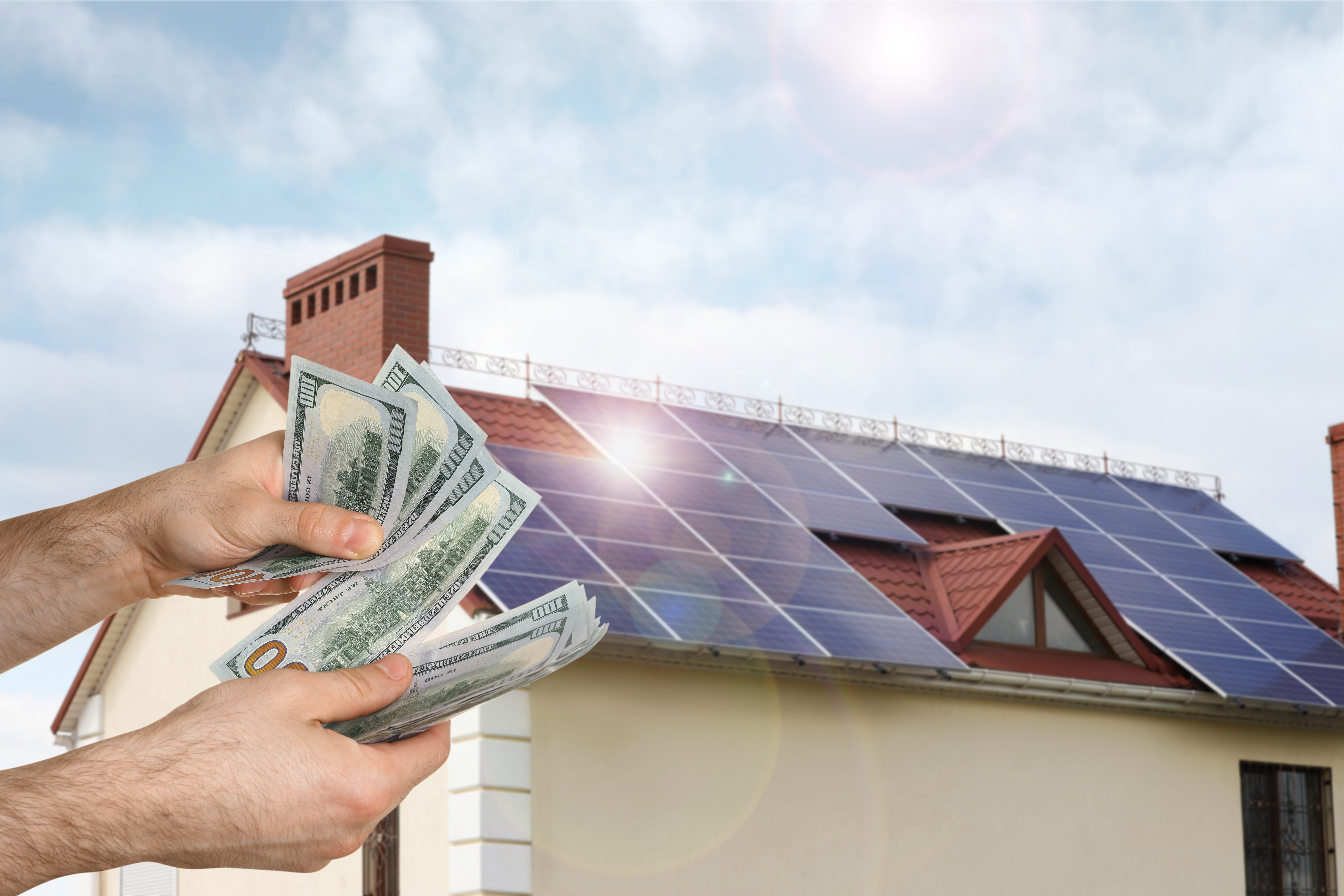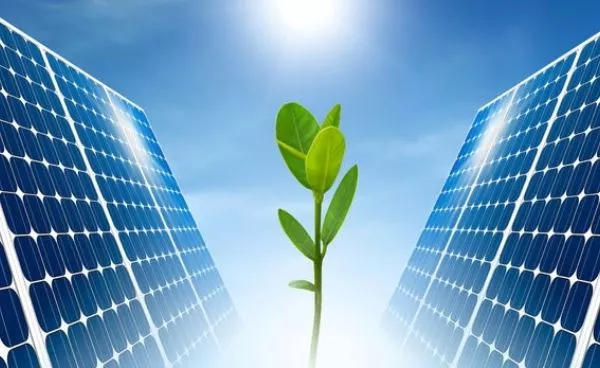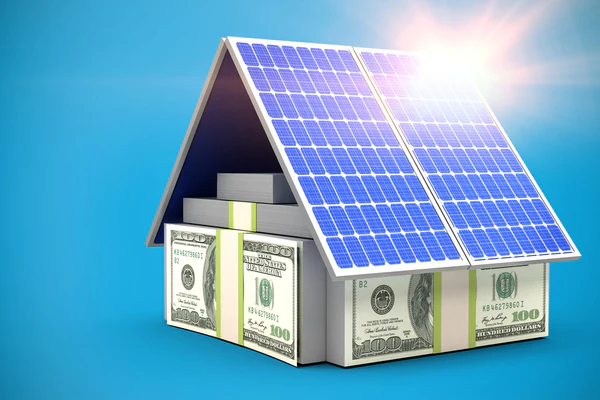Lower Energy Bills with Simply Solar Illinois – Learn About Your Choices
Lower Energy Bills with Simply Solar Illinois – Learn About Your Choices
Blog Article
Solar Energy 101: A Beginner's Overview to Sustainable Power Solutions
As the globe increasingly changes in the direction of lasting energy solutions, recognizing the fundamentals of solar power ends up being necessary for both people and organizations. This guide offers a thorough overview of solar power, outlining the numerous systems offered and the systems behind their operation. By checking out the advantages of solar innovation, alongside the monetary motivations and setup processes, one can gain a clearer viewpoint on exactly how to efficiently integrate this renewable energy right into their power approach. Nevertheless, the journey towards embracing solar energy welcomes further assessment of the obstacles and considerations that feature it.
Comprehending Solar Power
At its core, comprehending solar energy includes comprehending the essential concepts of just how sunshine can be transformed right into usable electrical energy. Solar energy is obtained from the sunlight's radiation, which can be taken advantage of via numerous innovations.

Recognizing solar power also includes identifying its environmental advantages. By making use of sunshine, we can reduce greenhouse gas exhausts and reduce air contamination, contributing to a more sustainable future. The developments in technology and efficiency of planetary systems proceed to boost their feasibility, making solar power a significantly appealing choice for international power needs.
Kinds of Solar Energy Solutions
Numerous sorts of solar energy systems are commonly utilized to harness solar energy for electrical power generation. The primary categories include photovoltaic or pv (PV) systems, focusing solar energy (CSP) systems, and solar thermal systems.
Photovoltaic systems use solar panels made up of silicon cells that convert sunlight straight right into electricity. These systems are flexible and can be mounted on roofs, ground places, or incorporated into building materials.
Focusing Solar Power systems, on the other hand, use mirrors or lenses to concentrate sunlight onto a small location, producing warm that drives a steam generator to generate power - Simply Solar Illinois. CSP systems are generally released in massive power plants and call for direct sunshine, making them much less ideal for cloudy regions

Each type of solar energy system has its special qualities, applications, and viability relying on geographical location, power needs, and budget plan, making it vital to evaluate options based upon particular circumstances. - Simply Solar Illinois

Benefits of Solar Power
Taking advantage of solar energy via various systems not only gives a sustainable means to generate electricity but also uses a wide range of advantages. One of one of the most significant benefits is the reduction in greenhouse gas exhausts, adding to a cleaner environment and combating climate change. Solar power is eco-friendly, meaning it is inexhaustible and available as long as the sunlight shines, unlike nonrenewable fuel sources, which are limited and depleting.
Moreover, solar power can bring about significant price savings gradually. Home owners and businesses can reduce their electrical power bills dramatically, and in a lot of cases, they may earn credit ratings for excess power generated through internet metering. Furthermore, the solar sector produces work, from manufacturing to setup, promoting local economic situations.
Another compelling benefit is energy self-reliance. By generating their own electrical power, people and neighborhoods can minimize dependence on exterior energy sources, boosting resilience versus rising and fall power prices and supply disruptions. Solar energy systems need marginal maintenance, making them a convenient option for sustainable power generation.
Installation Process Review
The installation process for solar energy systems typically entails several essential steps that guarantee reliable combination right into a residential or commercial property. At first, a detailed website analysis is carried out to assess go to this site the roofing system's alignment, shielding, and architectural stability, which are critical to maximizing solar panel performance. Following this evaluation, the design phase begins, where a customized solar power system is configured based upon the property owner's energy demands and choices.
Once the design is completed, the necessary licenses and approvals are obtained from neighborhood authorities, ensuring conformity with guidelines. The actual setup involves placing the solar panels on the roofing system or ground, linking them to an inverter, and integrating the system with the building's electrical setup. This stage might also involve setting up battery storage systems, depending upon the layout.
After installation, an extensive assessment is conducted to verify the system's functionality and safety. Ultimately, the system is appointed, and home owners are informed on its procedure and upkeep. With the installment complete, the solar power system can begin producing eco-friendly energy, contributing to sustainability and decreasing energy expenses. This organized technique guarantees that planetary systems are both efficient and reputable, maximizing their long-lasting advantages.
Financial Rewards and Cost Savings
Exploring the economic incentives and savings connected with solar power systems can considerably enhance the appeal of making the button to renewable energy. Numerous motivations exist at federal, state, and regional levels, created to decrease the preliminary costs connected with solar installation. Among the most significant incentives is the federal solar tax obligation debt, which enables property owners to subtract a percentage of their planetary system installation prices from their government taxes. Since 2023, this credit rating stands at 30%, offering considerable savings.
In addition to tax obligation credit histories, several states provide discounts that can further lower upfront expenses. Some utility firms also provide performance-based rewards, satisfying solar energy manufacturing with time. Financing alternatives, such as solar lendings and leases, enable consumers to install systems with little to no down repayment, making solar power a lot more easily accessible.

Additionally, see this solar systems can raise home values, offering a strong return on financial investment. On the whole, the combination of motivations and savings makes solar power a financially appealing selection for lots of houses.
Verdict
To conclude, solar energy represents an essential element of sustainable power remedies, supplying a pathway toward lowered carbon footprints and enhanced environmental management. Read Full Report The varied sorts of solar energy systems, combined with significant economic rewards, help with wider adoption amongst individuals and areas. Comprehending the installment processes and benefits related to solar power equips stakeholders to make informed decisions. Ultimately, the transition to solar power not just fosters eco-friendly duty but likewise advertises economic cost savings and energy self-reliance.
Report this page